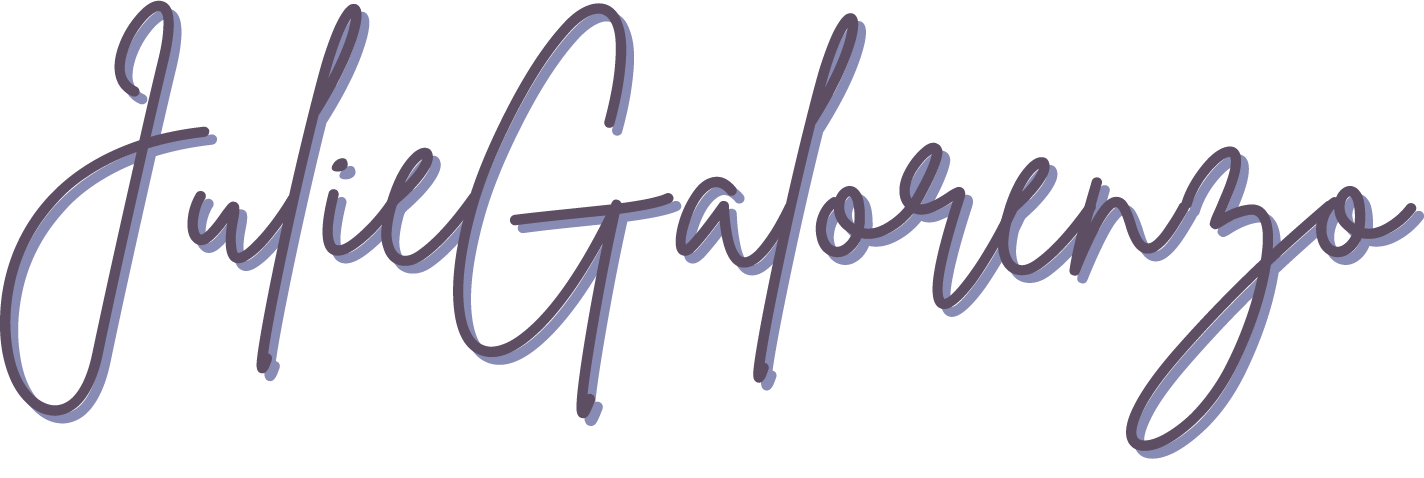#111: Once It Was All So Clear
Monday 12/2/24
I opened my eyes this morning and opened my phone. The first thing I saw on instagram was a reel of Carrie Coon (The Gilded Age and many other things) talking about acting technique. The short clip is from a longer interview and the first line was “you aren’t always going to have it, and that’s why you need technique.”
I was like “welp, she just transported me right back to acting class”.
READ THAT AGAIN.
“YOU AREN’T ALWAYS GOING TO HAVE IT, AND THATS WHY YOU NEED TECHNIQUE.”
Acting (and voice/dance of course) is a craft. It is a balance of the human spirit and technical craft. Technique is something that must be learned - it is not something that comes naturally. Sure, there are plenty of brilliant performers who just have natural ability. But they are the exception. And even then, highly progressed people in the field DO take voice and acting class.
What Carrie means is that some days, you are really IN your scenes and connected and you can just be there and listen/react. And other days, your life gets in the way. There are days you can’t just “put it aside”. For those days, you need technique.
Now, what does that mean?
Actors should have a plentiful toolbelt of things that work for them. That could be substitution, method, viewpoints, laban, improv, suzuki, emotional recall and so on. I like to think of acting technique in 3 pillars: 1) Emotional Authenticity 2) Imagined Circumstances and 3) Full Immersion. These 3 pillars encompass the list above and each can fall in 1 or more buckets. Not all techniques are for all people. For me, i’m not really connected to #2, Imagined Circumstances. For me to be really connected, I work through a balance of 1 & 3, mostly 1. I need to use my own lived experiences and substitute my real life as much as possible. ESPECIALLY when dealing with a heightened emotional show. BUT, I do teach a lot of #2 also. I think it’s important for an actor to learn a lot of different tools so they can use what they need and ditch what does not work for them.
There were plenty of days during Spring Awakening when I was more aware of audience or on a two show day just ready to go home. Doing “left behind” right after a huge break between intermission and the top of act 2 was really hard. There was about 35-40 minutes between leaving “and then there were none” through the end of act 1, intermission, and then the top of act 2. That’s a lot of downtime to be “out” of the show. Then from Left Behind on… it was in it the whole time. I had to actually isolate myself, listen to the end of Moritz’s death, avoid everyone, and lock in. I thought about 2 very important family members we lost in the last few years… one who died similarly to Moritz and the other from Covid (which, of course, there are themes that correlate to spring awakening here too). And all I thought about the whole 2nd act was them. “Not gone”. I thought about how parents did what they thought was best, how people failed them, where my personal failures happened… there was so much. Forgiveness - getting and giving - was also something that was at top of mind for me.
For that show, sometimes I could just listen to my scene partners and some days it was harder. Technique helped me through the tougher ones.
Dreams Don’t Die
Julie
